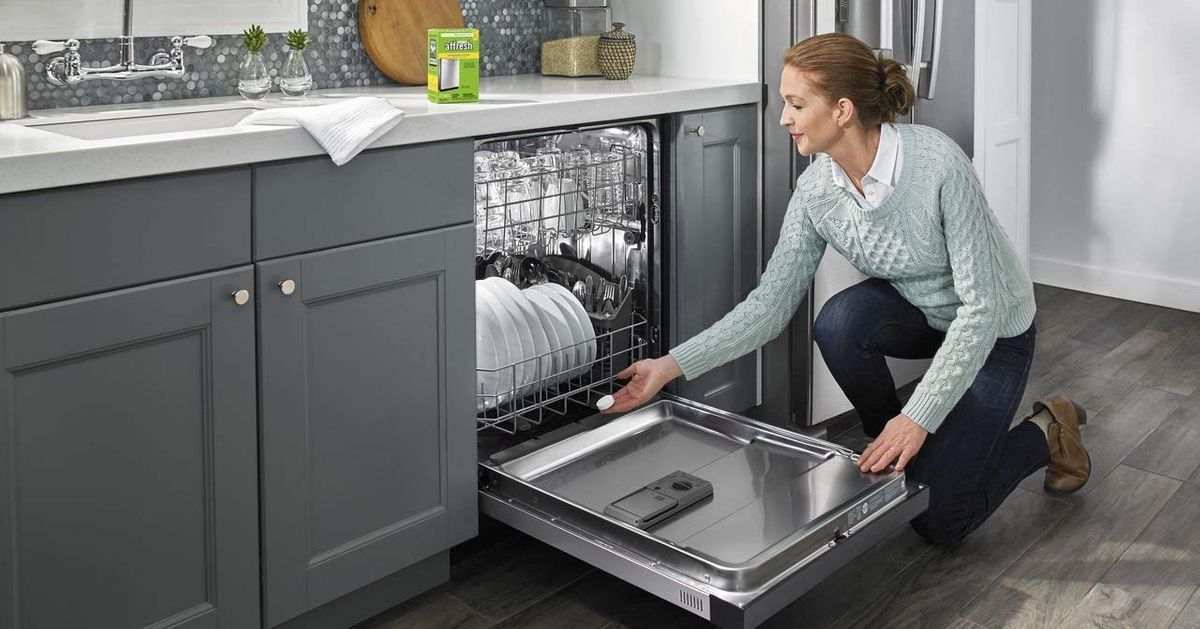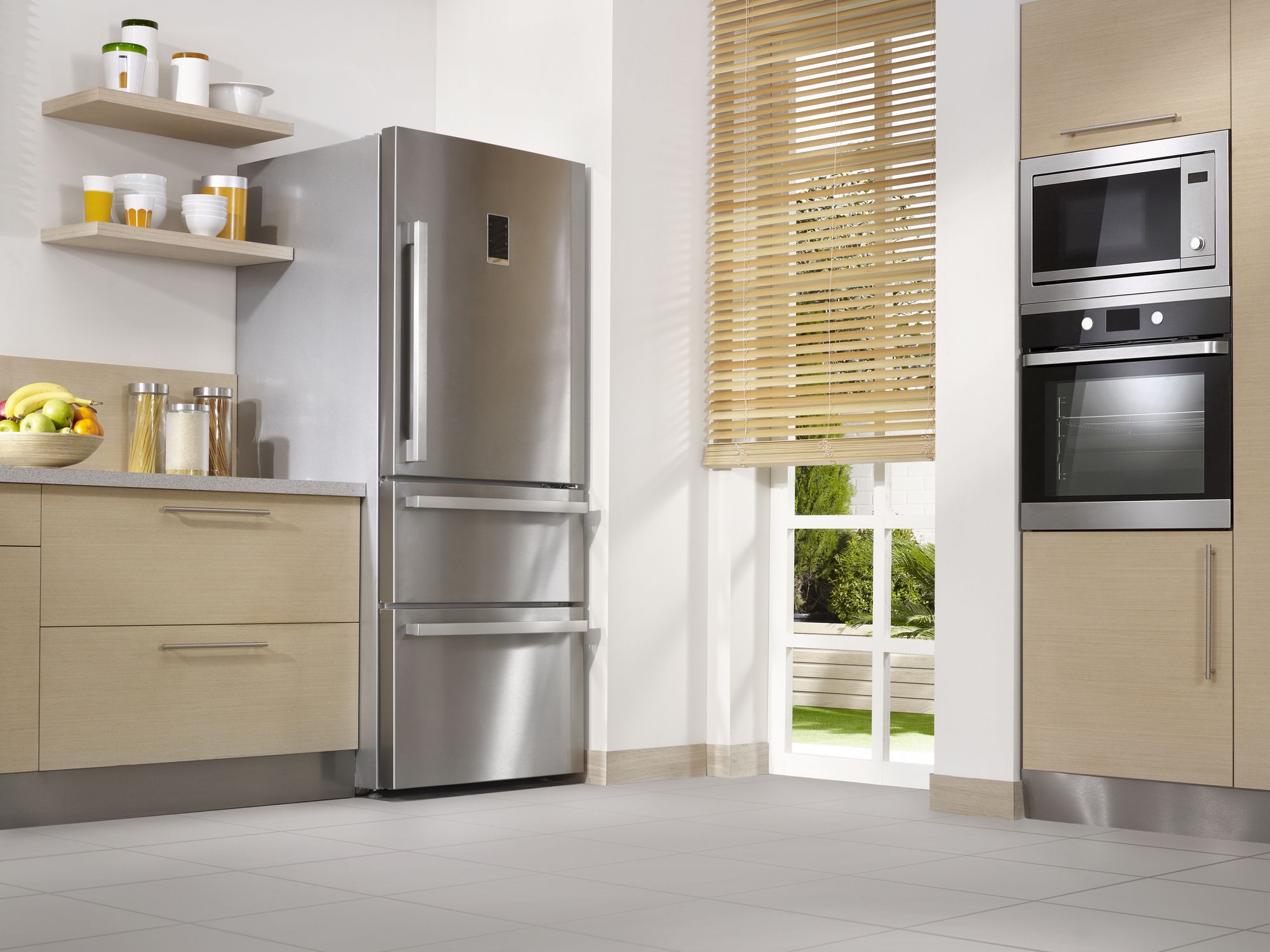When the heat is on the mid year climate can highly affect your appliances. Extraordinary heat, summer temperatures and power outages can harm your appliances, which frequently work harder during the summer. Be that as it may, there are steps you can take to take care of your appliances and avoid having them break down during the summer.
Protect Your Fridge and Freezer from High Temperature Weather
These apparatuses are the most vulnerable against the mid year warm, particularly when you place them in a hot area. We have known people in Texas who’ll keep a refrigerator in their garage, where it can get up to 120º to 130º in the mid year. That powers the machine to run a lot harder to keep up ideal temperatures, which can cause premature appliance failure.
Rather, put your refrigerator someplace cool, and keep up a couple inches of free space around it to keep away any heat.
You should likewise clean your condenser often. Check your user manual to see where the condenser can be found — often times they’re behind the kickplate; on different models they’re on the back of the refrigerator.

Protect Your Air Conditioner from High Temperature Weather
In case you’re out, leave your indoor regulator at a moderate temperature so when you arrive home, the time it takes for the system to cool the home. Setting the indoor regulator to 78º while you’re not at home will spare you the most cash on your month to month utility charges.
In the event that you have a programmable indoor regulator, read over the users manual and set the settings and temperature to the dimensions of your home.
At the point when the open air temperature is higher than ordinary, some AC units will experience considerable difficulties keeping up with the cooling demands. — particularly older units.
When you encounter issues with your appliances, call Express Appliance Repair for a fix. Our group of specialists will fix most brands, regardless of where you got it.
 (619) 541-8118
(619) 541-8118





